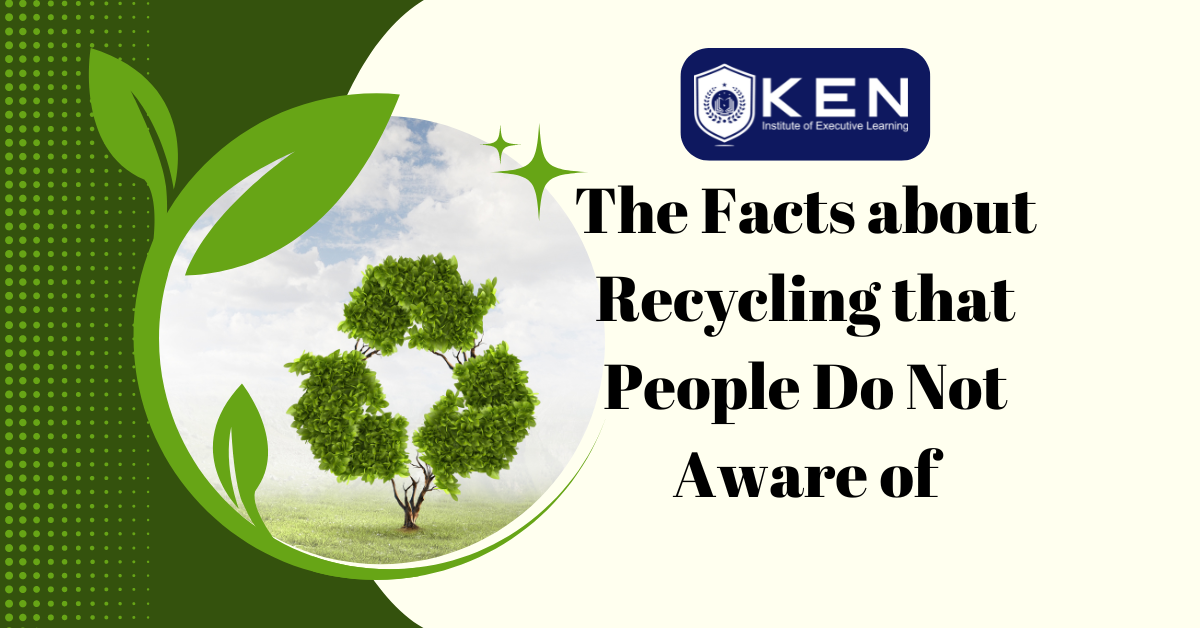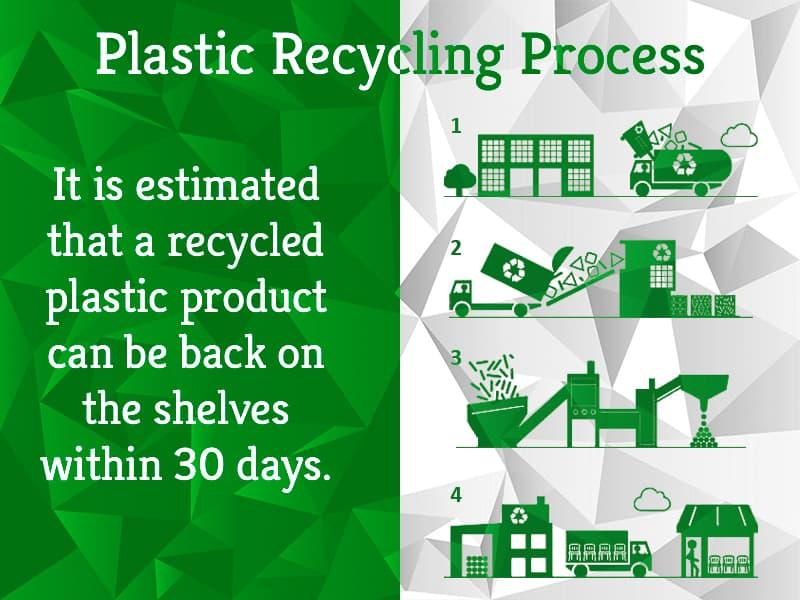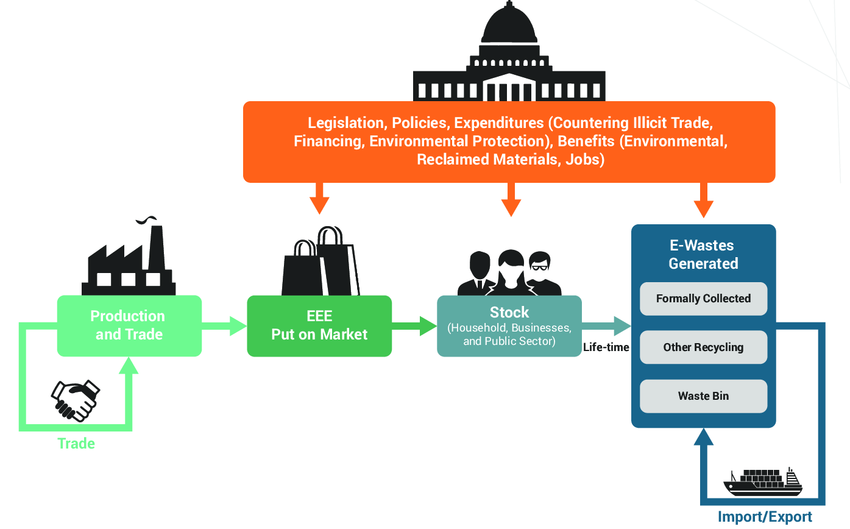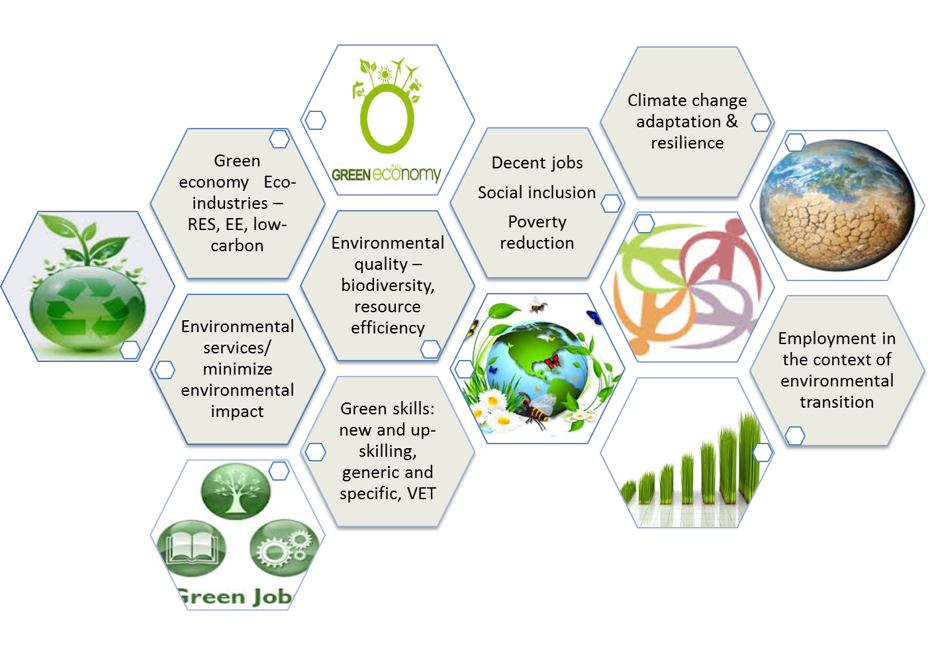
Recycling is a significant principle of modern waste management and environmental sustainability efforts. Its significance lies in its ability to reduce the strain on natural resources, minimize pollution, and decrease energy consumption. There are several well-known
“Facts about Recycling” and intricacies that contribute to its overall impact on the environment and society. However, much more remains hidden.
Exploring these subtle nuances can provide a deeper understanding of the complexities and potential of recycling initiatives.
Here are some important facts about recycling that are not widely known:
Hidden Costs and Environmental Impact:
Recycling, though it is often perceived as an easy solution to waste management, comes with its own set of hidden costs and environmental impacts.
These include the energy consumption and emissions associated with the collection, transportation, and processing of recyclable materials. Analysis of these costs is crucial for implementing efficient recycling programs and assessing their true environmental benefits.
Global Recycling Disparities:
Recycling practices and infrastructure vary significantly across different regions. Some nations have well-established recycling systems, while others lack the necessary infrastructure and resources. These differences lead to disparities in global recycling rates.
These gaps require to bridge with international cooperation, technological advancements, and policy reforms to promote a more unified approach to recycling on a global scale.
Challenges of Recycling Contaminated Materials:
One of the most important Facts about Recycling is contaminated materials. Such materials create a significant challenge to the recycling process. When non-recyclable or improperly sorted materials are mixed with recyclables, it can compromise the quality and usability of the recycled products.

This challenge should be coped with by educating the public about proper recycling practices and investing in advanced sorting technologies essential for reducing contamination levels and improving the overall efficiency of recycling operations.
Economic Viability of Recycling Programs:
Fluctuating market prices for recycled materials and the costs of collection and processing, can impact the financial feasibility of recycling initiatives. Due to this, the economic viability of recycling programs influences their long-term sustainability.
Creating a circular economy that encourages the use of recycled materials and incentivizes sustainable practices can help the economic viability of recycling programs.
Complexities of Plastic Recycling:
Different types of plastics require different recycling processes. The Facts about Recycling Plastics- Certain plastics are more difficult to recycle than others due to their varying chemical compositions. This poses unique challenges.
Developing effective strategies for the recycling of plastic waste, such as chemical recycling and biodegradable alternatives, is crucial for red the environmental impact of plastic pollution.

Role of Consumer Behavior in Recycling:
Consumer behavior plays a significant role in the success of recycling initiatives. Consumers should be educated and encouraged to adopt eco-friendly practices.
Reducing single-use plastic consumption and properly sorting recyclable materials, can foster a culture of environmental responsibility and cultivate a more environmentally conscious society.
Policy Frameworks and Legislative Measures:
The formulation of comprehensive policy frameworks and legislative measures is vital for promoting sustainable waste management and recycling practices. Implementing regulations that incentivize recycling, include- restrictions on single-use plastics, encouragement, etc. for the adoption of environmentally friendly packaging can help create a more supportive regulatory environment.

Recycling initiatives and widespread participation from both the public and private sectors are the need of the day.
Environmental and Social Benefits of Recycling:
The positive impact of the environmental benefits of recycling extends beyond resource conservation and waste reduction. Recognizing these benefits of recycling can encourage broader support for sustainable practices and drive collective action toward building a more resilient and environmentally conscious society.

Recycling initiatives contribute to the creation of green jobs, stimulate economic growth in the sustainability sector, and foster community engagement in environmental conservation efforts.
Potential of Upcycling and Repurposing:
Many people are ignorant of this important fact about recycling. The concept of upcycling and repurposing offers a creative approach to transforming waste materials into valuable and innovative products. Upcycling involves converting discarded materials into products of higher quality or value, thereby reducing the demand for new raw materials and minimizing waste generation.
Exploring the potential of upcycling and encouraging the development of upcycled products can contribute to a more sustainable and circular economy.
Technological Innovations in Recycling:
Besides these cons, the future of recycling is bright. Advancements in technology have revolutionized the recycling industry, enabling the development of innovative technologies such as advanced sorting systems, chemical recycling, and 3D printing are used for transforming various types of waste into valuable resources.
These and some other positive facts about recycling indicate that innovative technologies have the potential to redefine the future of recycling and contribute to a more sustainable and efficient waste management ecosystem using recycled materials.
“Understanding these lesser-known facts about recycling can foster a more holistic approach to waste management and sustainability. By addressing the complexities and challenges associated with recycling, communities, businesses, and policymakers can work collaboratively to develop comprehensive strategies that promote sustainable development, and contribute to a more resilient and eco-friendly future.”
To explore more about more facts & new advanced technologies, join us. Ken Institute provides courses exclusively for Environment & Sustainability, Mechanical, and OHSE Professionals to upskill their careers.
Write us at info@keneducation.in
Visit our website www.keneducation.in
Call on +917569034271
Let’s connect on Facebook, YouTube, LinkedIn, and Instagram.
Tag: Environment & Sustainability, Mechanical Engineering, Health & Safety, Health & Safety Training

